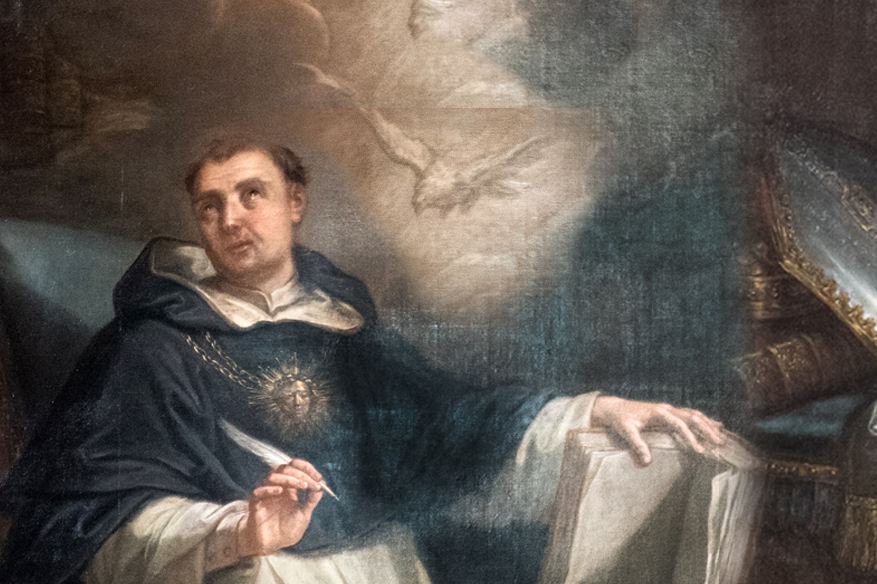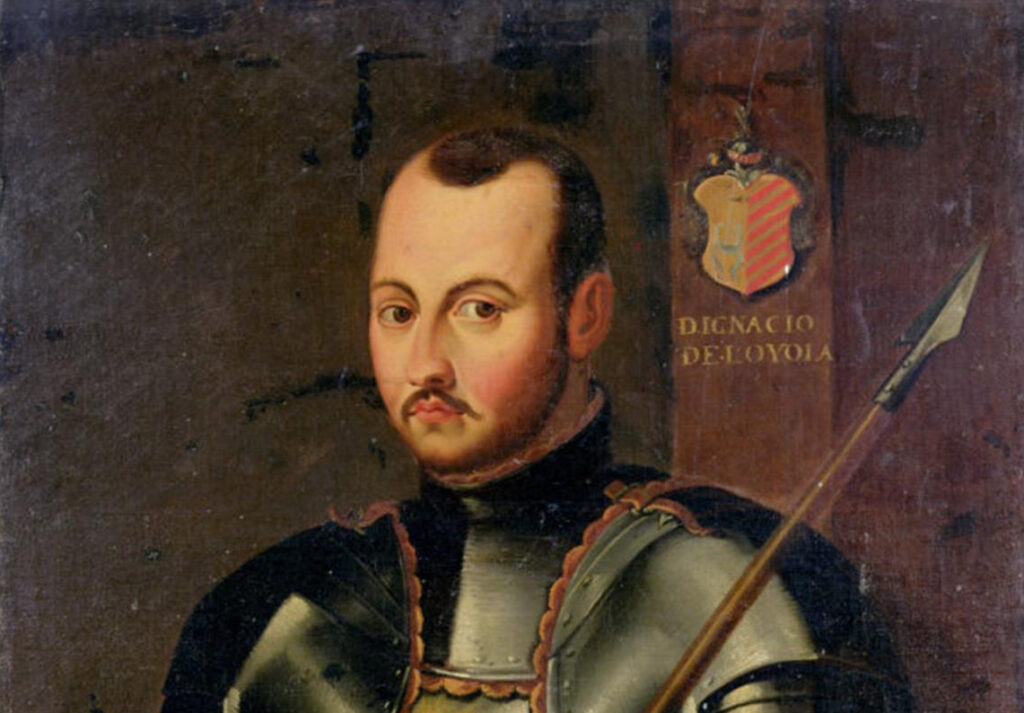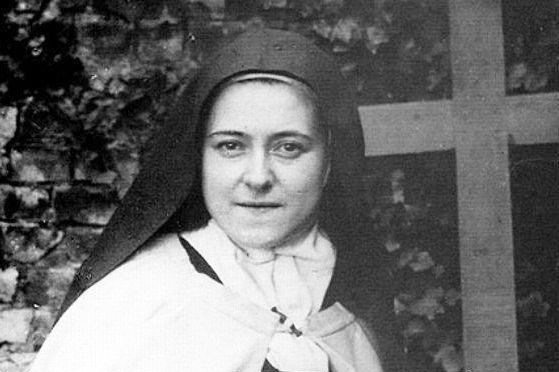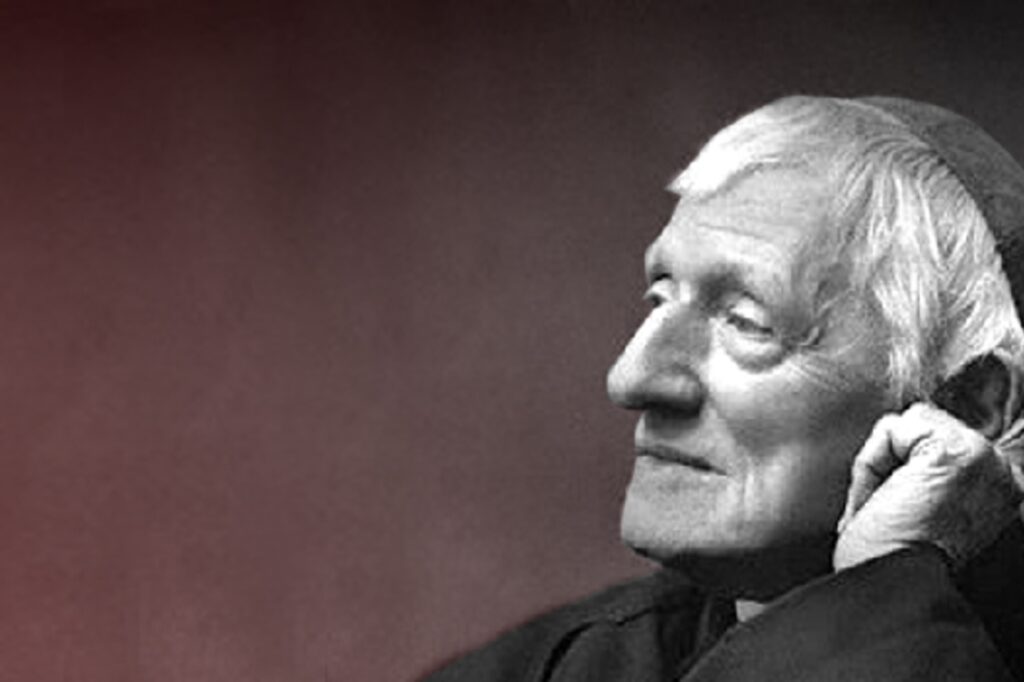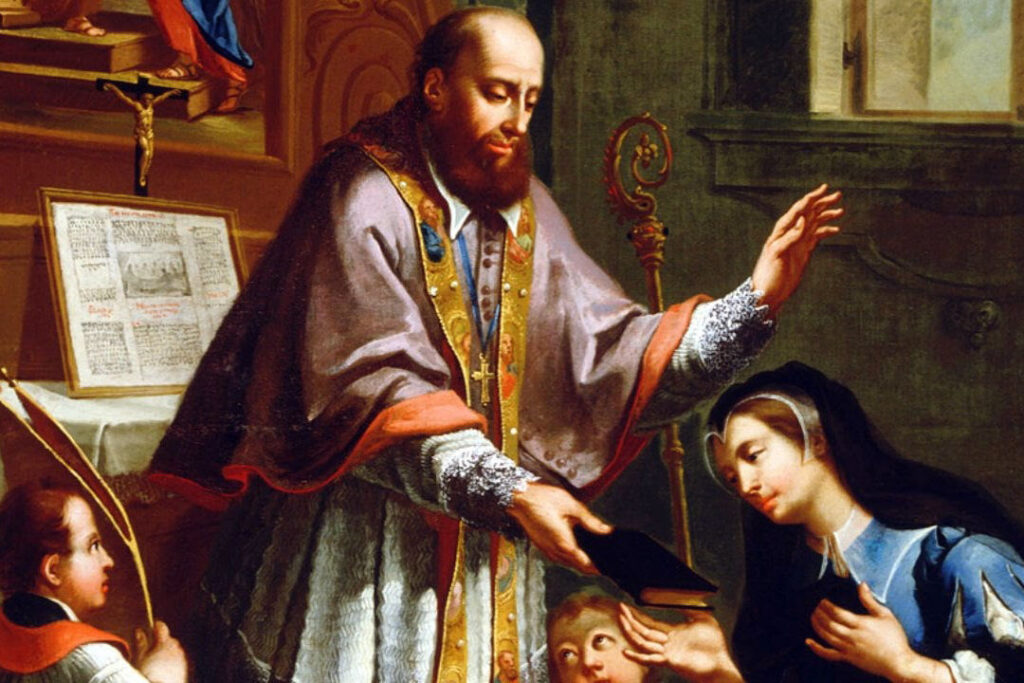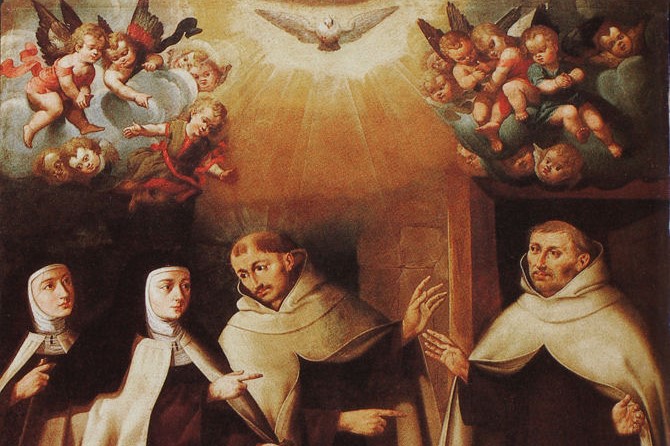Saints, Scholars & Spiritual Masters
#4 St Thomas Aquinas
***The talks are made available freely with the request for a donation to support our costs.***
Please donate here:
The fourth talk of Saints, Scholars and Spiritual Masters will explore the spirituality of one of the Church’s greatest theologians: Thomas Aquinas. Known for his unique and massive synthesis of Catholic theology, Aquinas earned the title of “The Angelic Doctor” not just for his great learning, but for the wisdom and light he brought to the Church’s thinking. In this talk, Fr Richard Conrad, O.P. will focus particularly on the themes of being, freedom and friendship. As the greatest of God’s gifts, they are fundamental to this great saint’s spirituality.
About the speaker:
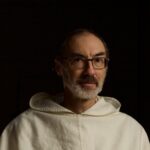
Richard Conrad studied chemistry at Cambridge, and after his doctorate joined the Dominican Friars. He has served as Prior in Cambridge and Leicester, and for 8 years was Novice Master of the Province. He taught dogmatic theology at Maryvale Institute part-time from 1992 to 2016, and from 2007 has been resident at Blackfriars, Oxford, where he teaches dogmatic theology and the thought of Thomas Aquinas, and is currently Director of the Aquinas Institute.

